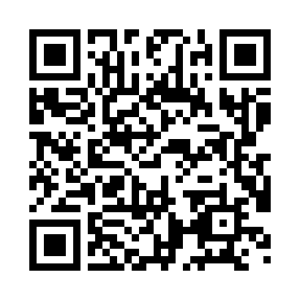Tara Moore, Director of the First Year Writing Program, mooret@etown.edu
You expect students to bring their best writing game to your coursework, but they might need a compelling nudge.
Students sometimes fail to transfer the great writing skills from EN100 to your classes. Back in EN100 your students learned process writing skills—that just means writing in stages.
Process writing gives students time to rethink their approach to every aspect of an essay. Believe me, you want them to think through that paper more than once! You’ll see better results if you can arrange your class so that students have to start work far in advance of the deadline.
Your upper-level students also learned research skills, including citation styles and how to use the handbook required for all EN100 and FYS sections.
Do missing words, wonky paragraphs, and terribly vague intro paragraphs make you question your existence during long bouts of grading? If so, your students need encouragement to put more energy into revisions. The EN100 program taught flexible revisions strategies. If you remind students to use these, you should see better writing.
Want to see better writing in your classes? Try these steps:
Assign Drafts
Require submissions of early stages of writing. Provide feedback on drafts if you can. If you can’t add another evaluation like that to your workload, try assigning drafts anyway. You can award points for a submission and then tell students to turn their attention to revision.
Peer review assignments tend to improve submission outcomes. You can require students to conduct the peer review as homework, or they can do it in class. Peer reviews work best if students trade essays ahead of time and spend class time talking through how to improve the drafts. Give them targeted items to review for the most useful results.
Require students to incorporate the feedback you gave them on prior submissions. You can do this by including a “summarize the feedback you received” assignment in Canvas. Make the assignment worth points. The sad truth is that students need enticement to read your feedback.
Clarify Expectations
Exhausted by the work of deciphering fuzzy arguments? Tell student to write for lazy readers. Yes, we’re paid to read to the end of the essay, but students won’t always have that luxury. Most readers resent hazy arguments and winding sentences. Students need to do the work of connecting all the dots in their document—that way the reader doesn’t have to.
It can help to talk about your response to a piece of writing as a reader. Try this: “As a reader, I had to read the first paragraph three times to understand the purpose there.” That’s a more understandable comment then the next-to-useless marginal note of “awkward!”
We know faculty want to see mechanically flawless writing. Research shows that an over-emphasis on mechanics disproportionally affects students from underrepresented backgrounds. Be thoughtful about how you project your authority over a student’s writing.
All Etown students have access to grammar technology. Tell students you expect them to use Editor or Spellcheck in Word. Encourage—or require—reading the essay aloud before submitting it. When you do see mechanical errors, consider how much grammar feedback that particular student can hear in that moment. One grammar tip at a time is probably plenty.
Most importantly, remind students to apply what they learned in EN100 to your course projects. Tell them that writing-in-stages, responsible source use, and revision skills matter to you. They learned it already, but they need to hear it reinforced from you before they can master these skills.
Want tips about how to add a few simple, time-tested writing activities to improve the writing you grade? Be in touch!


